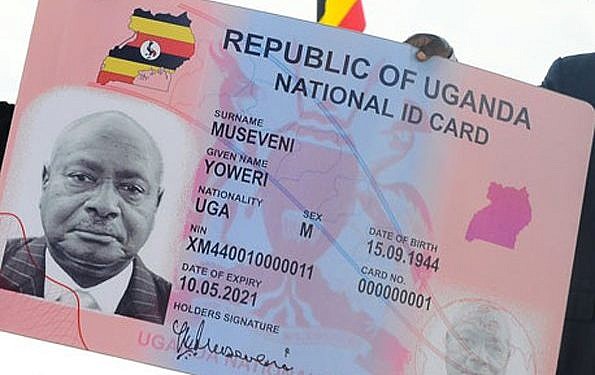The National Identification and Registration Authority(NIRA) has said the mass registration for national IDs will kick off in June .
Addressing journalists at police headquarters in Naguru, NIRA Executive Director, Rosemary Kisembo said the registration will be done at the 10717 parishes around the country.
“In June, we shall begin the mass enrollment and mas renewal exercise for national IDs and this exercise will cover every piece of ground in this country,” Kisembo said.
Kisembo explained the registration exercise will be done for a period of 10 months, noting that NIRA will first consider Ugandans above the age of 16 to enable their data captured and sent to the Electoral Commission to prepare the national voters’ register ahead of the 2026 general elections.
Upgraded biometrics
Kisembo said whereas previously, only the face and fingerprints were covered in the national IDs, in the new exercise, they will add the individual’s iris.
“In addition to the fingerprints we are adding the iris which has a unique signature for every person. Even if you are blind, you have an iris. We are increasing the biometrics we are capturing on the register for inclusivity so that if your fingerprints are damaged, your iris can help us uniquely identify you,” she said.
She noted that this exercise will seek to have at least 18 million new Ugandans registered and their data captured in the national identification register.
Kisembo revealed of the 45 million Ugandans currently, only 27 million are registered.
She however warned that only Ugandan citizens will be registered and those who are Ugandans by naturalization will be required to present their certificate of naturalization.
Diaspora
The NIRA ED revealed that even Ugandans in the diaspora will this time round have a chance to be registered for the national identification register and get Ugandan national IDs.
“The biometrics cant be captured at home or office or internet café but you will have to come the centres to do this
“Ugandans in the diaspora will have an opportunity to go online and register their bio data and later go to the nearest embassy or High Commission for their biometrics to be captured and their national IDs will later be sent to them,” Kisembo said.
She also revealed that whereas those with their original national IDs will be given new ones free of charge, those who lost them or seek to have some information changed will have to pay for the new identification document.








































